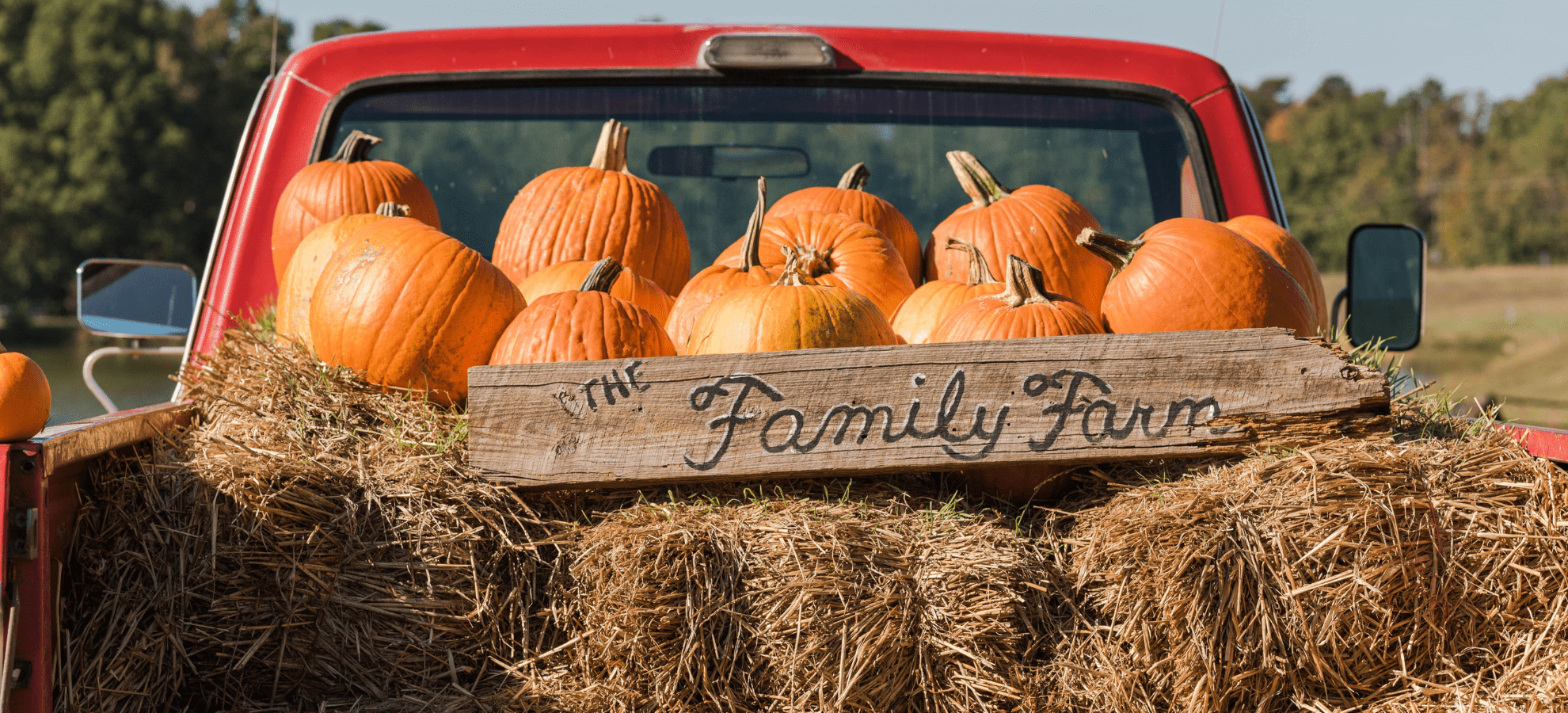by the Myrtle Beach Area Chamber of Commerce
Hurricane Season is June 1 through November 30. So the time to prepare to protect your home, business and vehicles is now.
Here are a number of tips to help keep you and your loved ones safe, and to protect your property if a hurricane arrives.
– The first rule is, “Know Your Zone.” Are you in a zone that will require evacuation? The coast is divided into three zones – A, B and C – with A being the closest to the ocean. The “Know Your Zone” tool is a good starting point: https://www.scemd.org/prepare/know-your-zone/.
– If an evacuation is ordered, you need to know ahead of time where you will go. Have a plan now, before the storm, so that you don’t waste valuable time trying to decide where to evacuate.
Know your evacuation routes in advance. Which roads you’ll use will depend on where you live along the Grand Strand. It may take 30 hours or more to evacuate the coast ahead of a major storm. Major roads west include SC 544, US 501, SC 22 (Carolina Bays Parkway) and SC 9. Lane reversals may be ordered by state officials west of Conway to improve traffic flow. Again, having a plan and following it is critical to a safe, successful evacuation.
– As part of the plan, keep a list of relatives and friends to notify in case you do need to leave home. They will be worried if they don’t know where you are and whether you are safe.
–Keep an emergency kit of supplies. If a storm strikes Myrtle Beach directly, electricity and other utilities could be disrupted for days. Have at least a three-day supply of non-perishable food, along with essentials such as batteries, paper products and hygiene supplies.
–It’s recommended that you have three days’ worth of drinking water for every person in your household. And if a storm threatens, keep the car filled with fuel and have enough cash on hand to last a few days.
– Have your important papers, insurance documents and valuable items in a “to go” kit, ready to take with you when you evacuate.
Being ready is more than half the battle when it comes to hurricane season.
Be sure to bring in or tie down any loose items such as chairs and trash receptacles to keep them from causing damage or injury if they are carried away by wind or water.
Storm surge, or higher-than-normal ocean levels brought about by a low pressure system and wind, is the leading cause of hurricane-related deaths and damage in the United States. An evacuation is ordered because of storm surge, not wind. Storm surge can travel miles inland.
After a storm, re-entry into the area will occur in three stages. In the first stage are public safety personnel and others who assess the damage and begin to make things safe.
In the second stage, are utility workers and contractors who restore electricity and clear streets. Once the streets are safe, the evacuation order may be lifted for residents and business owners so that they can return to their properties and make any repairs.
The amount of damage received will determine how quickly an evacuation order is lifted.

















